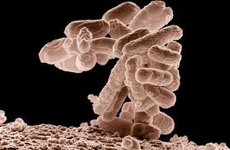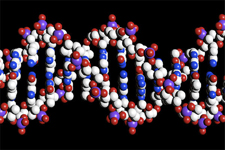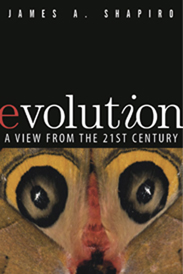    |
||
 |
DNA and the New Theory of Evolution |
Purchase Tickets Season Tickets for this event are available at 503-232-2300 or online here! |
James A. Ph.D. in Genetics, October, 1968, Corpus Christi College, Cambridge, England, 1964-1967. B.A. in English Literature, Harvard College, 1964, Magna cum laude, Phi Beta Kappa. Editorial Boards: Journal of Bacteriology, 1986-1988 Enzyme and Microbial Technology, 1981-1988 Biotechnology series, 1981-1988 FEMS Microbiological Reviews, 1985-1991 Research in Microbiology, 1996-2002 Environmental Microbiology, 1998- Professional Societies: American Society for Microbiology Society for General Microbiology Genetics Society of America Genetical Society American Society for Biochemistry and Molecular Biology Fellow, American Association for the Advancement of Science Fellow, American Academy of Microbiology. AWARDS & HONORS Marshall Scholarship (1964-1966) Wellcome Research Training Scholarship (1966-1967) Jane Coffin Childs Memorial Fund for Cancer Research Postdoctoral Fellowship (1967-69) NIH Research Career Development Award (1976-1980) Darwin Prize, University of Edinburgh (1993) Fellow, American Academy of Microbiology (1993) Foundation for Microbiology Lecturer, American Society for Microbiology (1994-6) AAAS Fellow (1994) OBE (2001) |
The first tenet of classical Darwinian evolution is now refuted. My current research deals with understanding how cells regulate the natural genetic engineering systems that produce DNA rearrangements and formulating a new conceptual basis for genome evolution consistent with molecular genetics. I also collaborate with colleagues who study multicellular pattern formation in bacterial colonies. |
|
